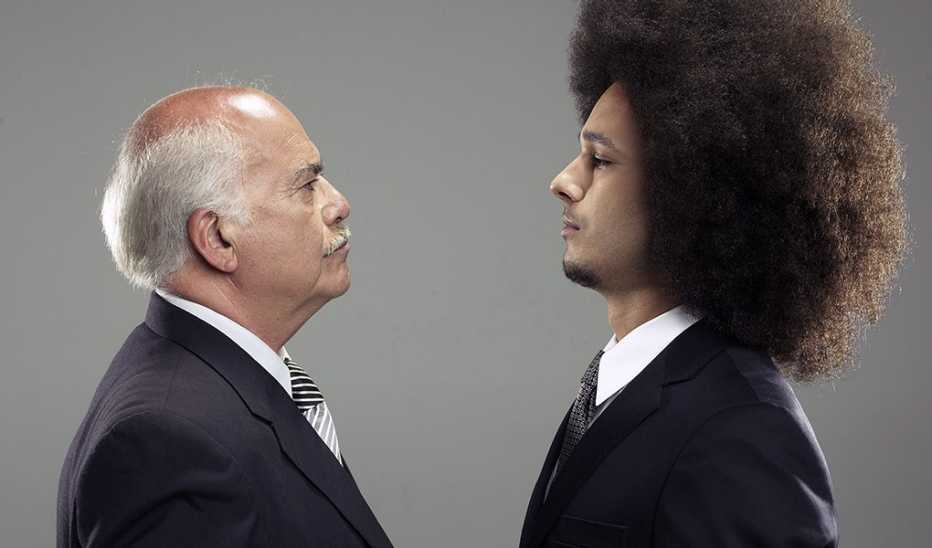Challenges


Quick Win
Considering opinions that differ from our own is a good way to engage the brain. It can also facilitate communication and strengthen relationships.
Try This Today
- Identify biases. Our biases can interfere with our perception and get in the way of making informed, logical decisions. Confirmation bias — the tendency to seek out and believe information that confirms your opinions — can be pervasive as we read or watch the news. The next time you see something that either confirms or contradicts your opinion, think about your own bias.
- Seek out contrary views. It’s natural to seek out supporting evidence for your opinions, but you’ll learn a lot if you also consider opposing arguments. Consider reading editorials from a respected news source that you typically disagree with. At your next family gathering, ask a relative about her thoughts on a topic you know you’ll disagree on. Then really listen and think about her opinion — does it have some merit? Examining your own assumptions and learning more about issues can help you become more objective.
- Vet your sources. Make sure your news sources prioritize facts – backed by evidence — and aim for balanced representation. Does your go-to news acknowledge opposing arguments? It’s a good idea to gather news from multiple credible sources. If you have doubts about political information, consider checking with a nonpartisan site such as FactCheck.org.
- Keep an open mind. If you find evidence that calls your existing opinion into question, be open to changing your mind. And remember that you don’t have to have an all-or-nothing stance. Rather, you could integrate new information into a more nuanced point of view. If you end up agreeing with a point made by a relative or friend, go ahead and tell her. It may encourage her to consider one of your opinions, and strengthen your relationship.
Why
Considering diverse viewpoints about issues can challenge our deepest blind spots — what scientists call unconscious biases. And when we expose ourselves to contradictory opinions, it challenges our thinking and kick-starts our reasoning skills. A reflective mind, versus a reactive one, can bring forth new perspectives, encourage compromise and promote communication and understanding. It’s also a way to practice mental flexibility, which has been linked to lower stress and greater well-being. Adults with moderate or greater stress levels who followed a self-help program designed to increase psychological flexibility also experienced improvements in stress levels and overall well-being, according to a study of 91 adults ages 23 to 60 reported in 2017 in the International Journal of Clinical and Health Psychology.











More From Staying Sharp
Write Down Your Priorities
Split the short-term from the long-term
Play Your Way to Better Brain Health
Learn how play can keep your brain strong and healthy as you age
Everyday Brain: Attention
A neuroscientist explains what happens in the brain when we focus